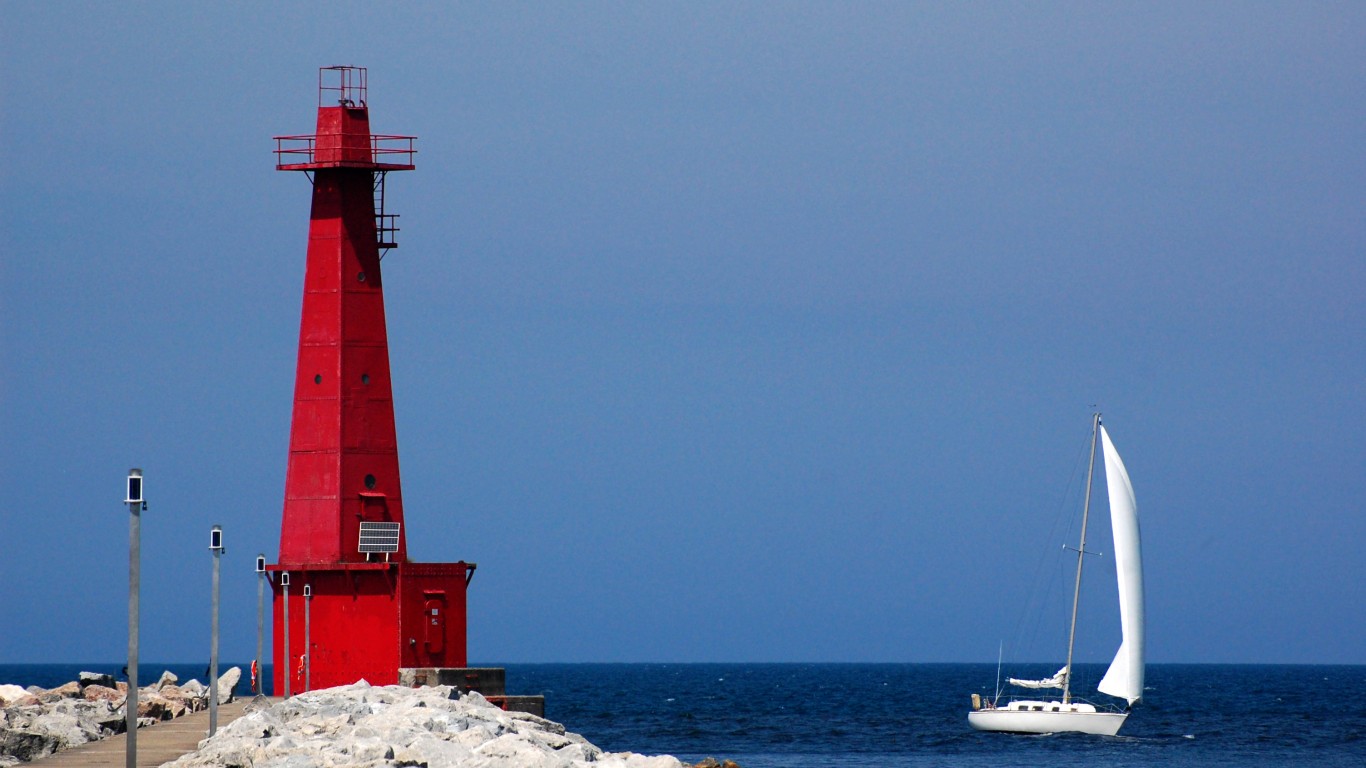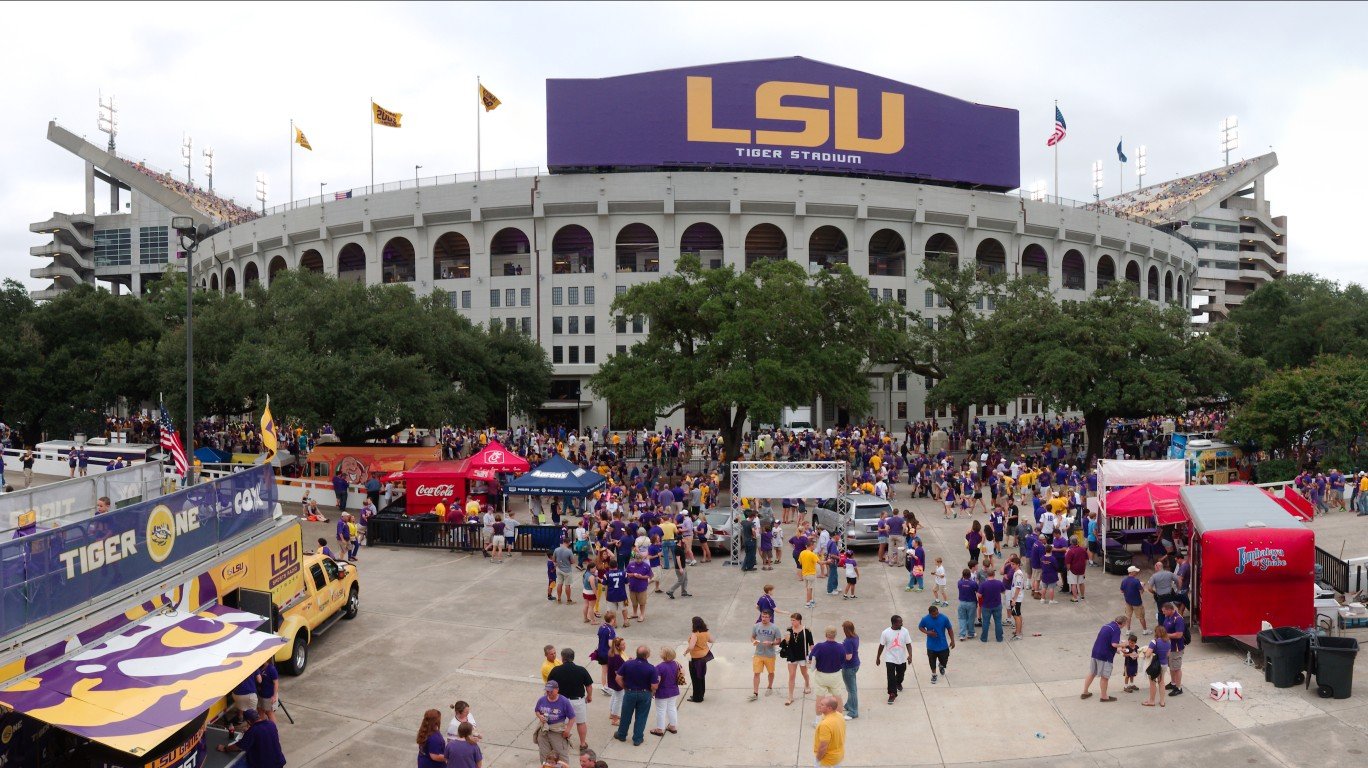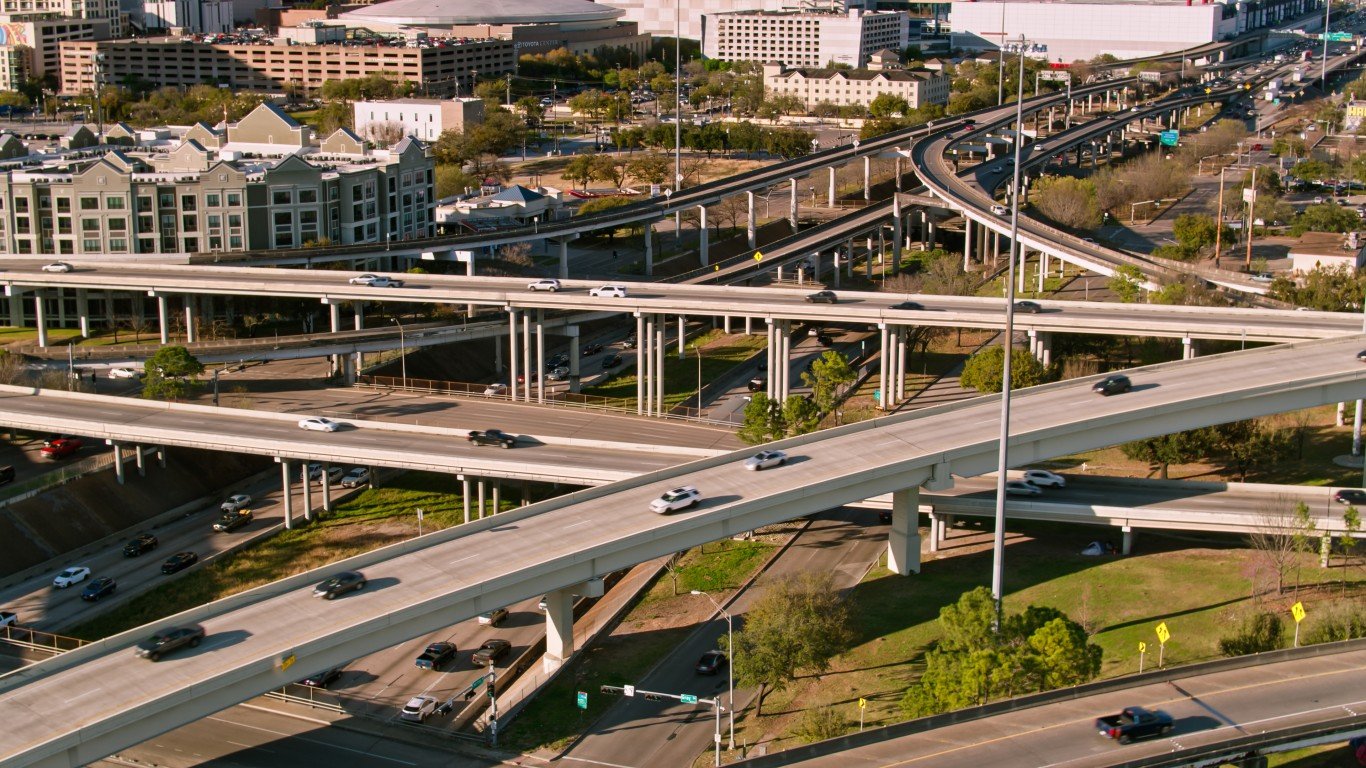

The five Great Lakes stretch from Minnesota to near the eastern part of Canada. They contain over 20% of the world’s supply of surface fresh water. They also are all filled to overflowing.
All five of the lakes, and the smaller Lake St. Claire, are either at levels higher than at any time in the past 100 years or are within an inch of them. The levels are expected to break more records as the year progresses. The data on the lake levels comes from the Army Corps of Engineers, which reported, “The new record June levels are between three and four inches higher than the previous records for the month, which were set in 1986 on Lakes Superior, St. Clair and Erie and in 2017 on Lake Ontario. The records for lakes St. Clair, Erie and Ontario are the highest for any month dating back to 1918. Lake Michigan-Huron was less than one inch from its June record. Additional record high water levels are possible on all the Great Lakes and Lake St. Clair this summer.”
The level of the lakes is due to global warming, according to a number of scientists. However, this has not meant that the amount of water has risen each year. Scientific American reported, “As recently as 2013, water levels on most of the Great Lakes were very low. At that time some experts proposed that climate change, along with other human actions such as channel dredging and water diversions, would cause water levels to continue to decline.”
Since that time, the rain has drenched much of the central United States, one reason for months of Mississippi River flooding. It also has pushed the Great Lakes to levels far higher than could be imagined in 2013. As has been true with river flooding in the Mississippi and several rivers that flow into it, the impact of property destruction has become considerable. So far, none is among the worst floods in American history.
Two of the primary economic victims created by the lake levels are tourism and damage to property. Many docks and beaches in recreational areas are under water. Beaches and parts of towns on the lakes have been submerged during storms and at high tide. And many cities are in danger of chronic and disruptive flooding — these are 30 American cities that will soon be under water.
Take This Retirement Quiz To Get Matched With An Advisor Now (Sponsored)
Are you ready for retirement? Planning for retirement can be overwhelming, that’s why it could be a good idea to speak to a fiduciary financial advisor about your goals today.
Start by taking this retirement quiz right here from SmartAsset that will match you with up to 3 financial advisors that serve your area and beyond in 5 minutes. Smart Asset is now matching over 50,000 people a month.
Click here now to get started.
Thank you for reading! Have some feedback for us?
Contact the 24/7 Wall St. editorial team.


